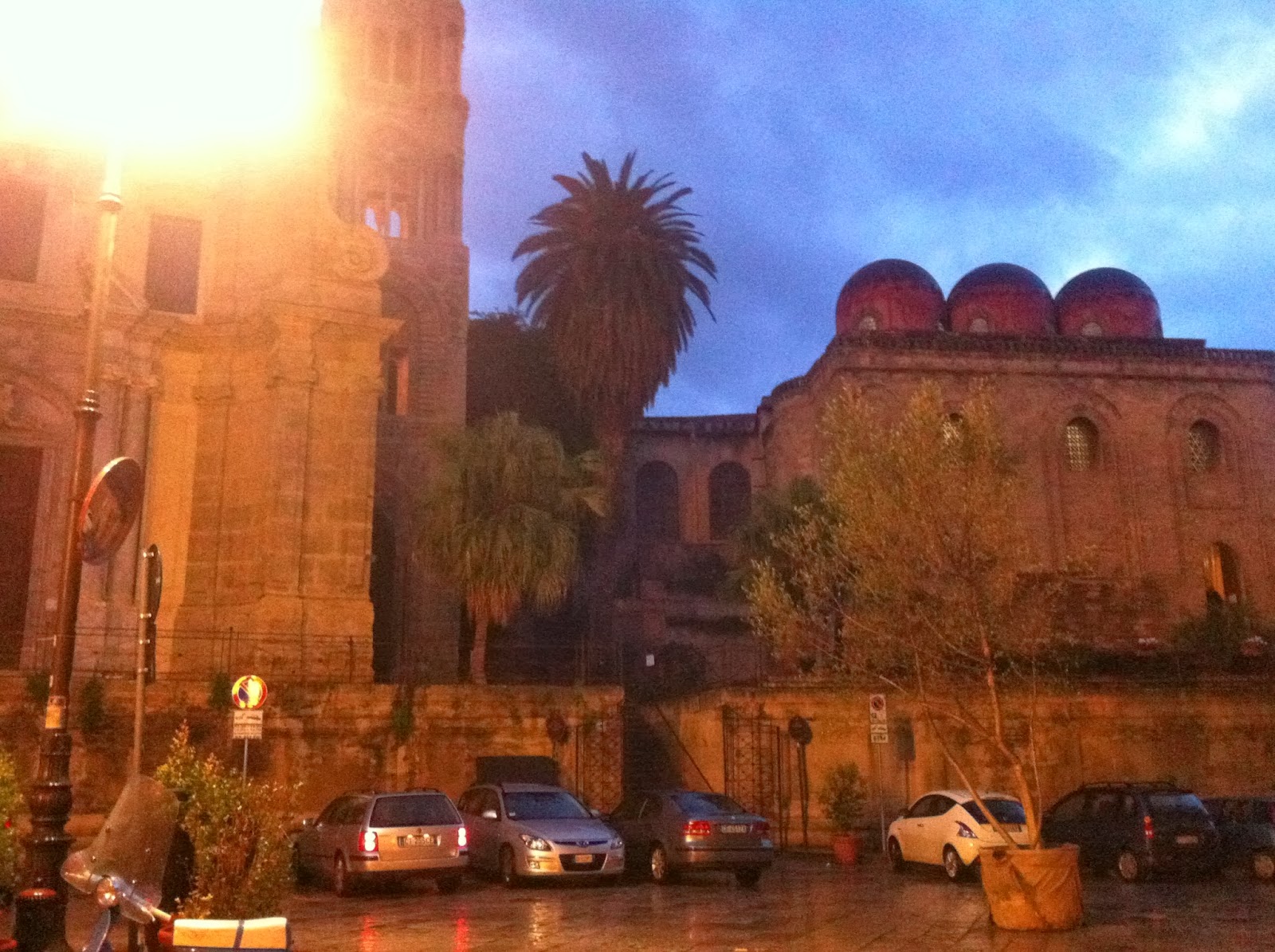There are parts of culture that you really can only really experience by living with and going out with french students: the term 'fatigué' would normally be used as an adjective to describe someone who is tired. I can now never used that word without thinking of my flatmates using it more as an insult to describe someone who is a bit boring and a drag to hang out with - my flatmates would jokingly (I hope) ask me if I was 'fatiguée' that day... Going to a club for an end of year gala evening and seeing professors there with the students until five in the morning was a surreal experience. Don't they have a bedtime? And through exams, deadlines, and a flatmate's friend breaking up with his girlfriend I also discovered that red wine, bread and cheese really is the cure for everything.
Although I left Toulouse 2 weeks ago now and the last 9 months are a blur which could have easily been a dream, some last minutes thoughts have been lingering on my mind. I'm often asked if I feel english considering I've lived in England for most of my life or if I feel russian or canadian. I can definitely relate to english culture and the way of life but in the end of the day I still feel canadian and russian given my close attachments to my roots. However, as a good friend of mine said to me the other day 'sometimes I'd just rather spend my time with english people'. Fair enough. Is it the language, culture or way of talking to people that means that no matter how many interesting foreigners you might meet, at the end of the day, you sometimes just prefer to spend time with people from your own country where you've grown up? Yet even in Canada I find I miss english humour which is often lost on people here and I often have to repeat what I say, tweaking my accent so that people can understand me.
At the end of June I played in a concert just outside of Toulouse in a town called Mazères. I noticed that there were many older people wandering around the streets and then realised that in Toulouse I rarely see them. Toulouse seems to attract the younger generation - students, recent graduates and young families - which fuels the city's constant energy and then, when it gets too much, people leave to see out their twilight years in a peaceful, idyllic, french, countryside town.
Interestingly enough it was while doing research for my french essay about 'l'identité toulousaine' that I fell in love the city - about two weeks before I was due to leave. Quite a change from the indifference I felt towards it when I first arrived and was missing Italy. Talking to so many 'toulousains' meant I realised what a great city it is and the strong relationship people have with the history, culture and youthful dynamic of the city. Better late than never I suppose.
Anyway, life does go on. All good things must come to an end and now is the time to see if all the promises to visit and skype every week hold out. Canada has seen me doing yoga three times a week, cutting down trees, driving a tractor and swimming in the ocean every evening - a complete yet welcome contrast to intense, european city-life - and pre-departure reading about China is due to start any day now. What do I miss the most? Good italian coffee, long lunch breaks, fresh baguettes, italian ice-cream, french cheese and red wine (see above), italian hand gestures, La Garonne (the river in Toulouse), and french paperwork. (The last one is obviously a joke).
A big thank you to people who have read through my Erasmus experience with me - it's been an absolute pleasure.
Lots of love,
xxx
 |
| Testing out my new camera |
 |
| Spontaneous weekend to Florence and Bologna |
 |
| Outdoor orchestra concert at Mazères |














